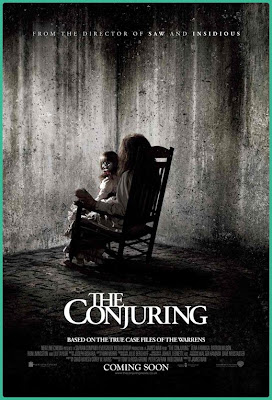2019 In Review: Pain and Glory
Gay, Sad, Spanish Antonio Banderas: The Movie!
AKA: This is the best acting Banderas has ever done
* * * * *
Watching writer-director Pedro Almodóvar’s Pain and Glory is like flipping through the personal diary of an aged man filled with lost dreams and wallowing regret. It’s a film of such personal reflection and inner intimacy, that it often feels like a story that we as an audience should not be stepping into, and yet Almodóvar invites us into the mind of his leading man Salvador Mallo (Antonio Banderas) with such endearment that it’s nearly impossible to walk away without feeling moved, despite the film’s lack of legitimate plot.
Pain and Glory accomplishes an astronomical feat in capturing the remorse of an elder man who’s lived a broken but beautiful upbringing, established a career for himself, and created a well known identity to the public, and yet silently suffers from depression.
Mallo, a once being a successful filmmaker, reflects on his past, and stirs in his utter loneliness. He approaches 60 with back surgery and writer’s block. He reaches out to an actor from one of his films; a frenemy who introduces him to drugs. Mallo lives in the color red; visual metaphors consume his present. He craves human intimacy with anyone. These scenes and themes may feel boring or pointless, yet Salvador’s silent sadness represents Almodóvar’s entire thesis on growing older with crippling anxiety.
Pain and Glory doesn’t maneuver with plot, rather with flashbacks; entire scenes of young Salvador and his mother (Penélope Cruz) propelling the entire being of the protagonist. The film is raw and adult, and never holds back on its hardships. Bad things happen and there’s never any real resolution to some of the conflict. The pacing of the film is deliberate, yet never slow. Through it all Almodóvar plays Salvador’s reflection like a ping pong match, paddling the lack of plot like an art of nothingness, and more so embracing that nothingness.
On the surface this is a film about an older man coming to terms with how his life has whizzed by and landed him to this place of strange and unsatisfactory unhappiness. Deeper down this is an entire moral about dark struggle, depicted by the type of back-and-forth reflection that propels a bold character forward in a way that would perhaps fall apart if it weren’t for the performances, notably in Banderas.
Perhaps too much time has passed since the man has done something truly notable with his career, but Pain and Glory is Antonio Banderas’ best acting gig to date, straight up. He’s absolutely incredible. In just his facial expressions alone Banderas represents an entire enigma of pain, that it’s easy to forget just how established of an actor he is. This is Banderas’ film from start to finish, and he holds the entire picture together.
Pain and Glory is a special film because of how dialed back it is. It’s a piece about ongoing reflection, coming to terms with sexuality, approaching mortality with regret, and learning to appreciate life’s intimate delicacies. This ain’t a film that packs a punch with fast paced filmmaking, rather slowed down storytelling.
Ultimately the film is a reminder that Banderas is utterly remarkable, and that Almodóvar is giving the ultimate clap back for anyone who would have any doubts that he could make a sad, somber, two-hour Spanish movie about sad Antonio Banderas coming to terms with his homosexuality and loneliness, which inadvertently turns Antonio Banderas into one of the most emotionally compelling characters of 2019, and for cinema, that’s something to celebrate.
*10 points to Banderas



